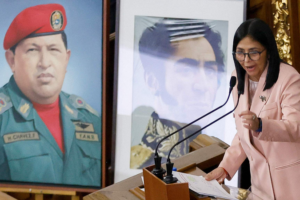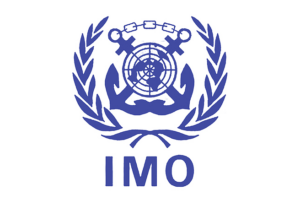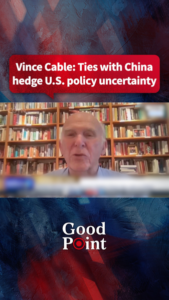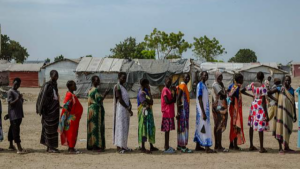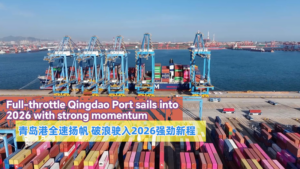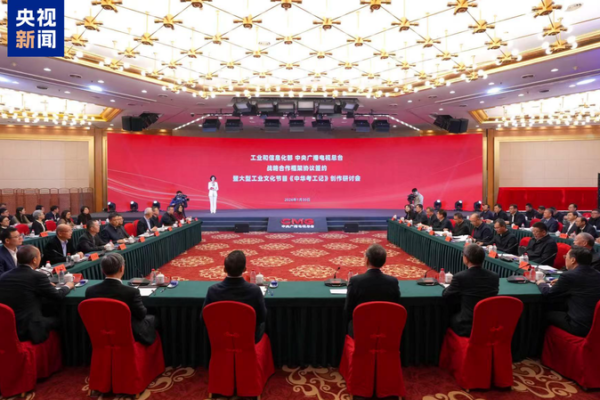
MIIT and CMG Forge Partnership to Revive Ancient Tech Heritage
MIIT and CMG partner to promote industrial culture through ancient tech text Kaogongji, blending heritage with modern innovation in 2026 initiative.
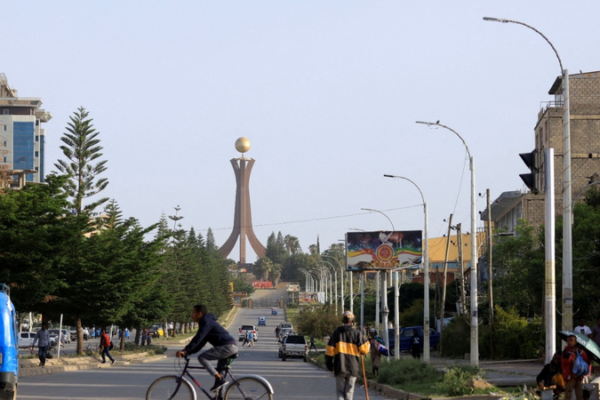
Fresh Clashes in Ethiopia’s Tigray Region Spark AU Call for Dialogue
Renewed clashes in Ethiopia’s Tigray region prompt African Union appeals for dialogue amid disrupted travel and economic strain on residents.
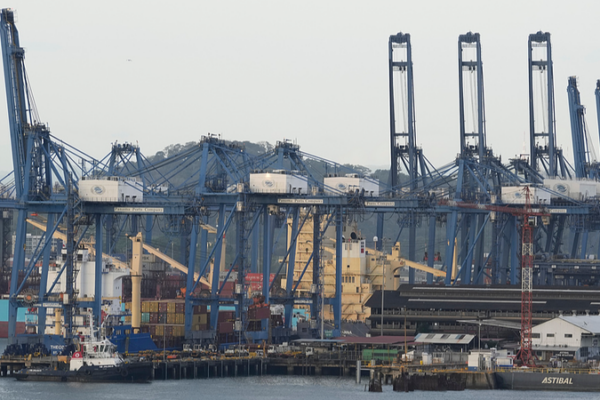
China Pledges Support for Firms After Panama Port Deal Voided
China pledges to protect firms after Panama voids port contract near the Panama Canal, raising questions about infrastructure investments and trade ties.
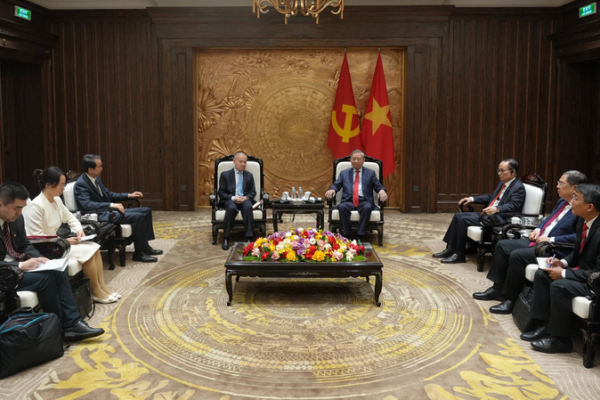
Xi Jinping’s Envoy Strengthens China-Vietnam Ties in Hanoi Visit
Xi Jinping’s special envoy Liu Haixing visits Vietnam to reinforce bilateral ties and deliver a congratulatory letter to CPV General Secretary To Lam, signaling continued cooperation in 2026.
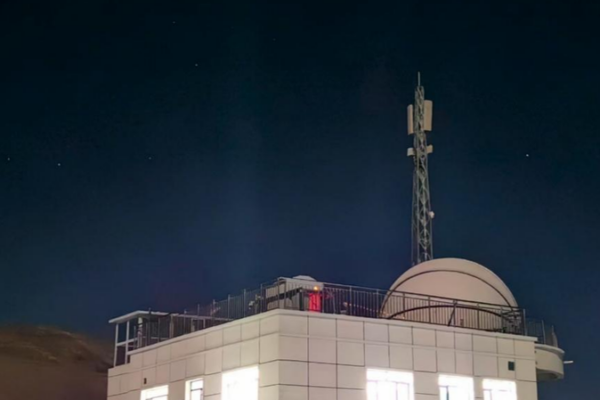
China Breaks Speed Record in Space-Ground Laser Communication
China achieves over 100 Gbps in space-ground laser communication, setting new global benchmark for satellite data transmission capabilities.

Apple Shatters iPhone Sales Records in China Amid 2026 Market Surge
Apple reports record iPhone sales in China for Q1 2026, driven by strong demand and strategic pricing, while navigating supply chain challenges and AI partnerships.

Ukraine Peace Talks Face Possible Date, Venue Shifts
Ukrainian President Zelenskyy indicates potential changes to upcoming peace talks’ schedule and location, citing geopolitical developments as key factors. Talks aim to address ongoing Russia-Ukraine conflict.
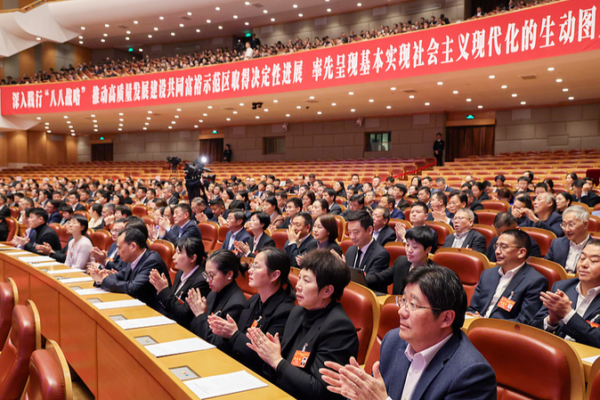
China’s Local Two Sessions Set Stage for 2026 Economic Priorities
China’s provincial Two Sessions outline 2026 growth targets and innovation strategies, setting the course for the 15th Five-Year Plan’s critical first year.

China’s 2025 Electronics Manufacturing Boom Sets Global Pace
China’s electronic information manufacturing sector saw rapid expansion in 2025, driven by AI and 5G advancements, positioning the country as a global tech leader.
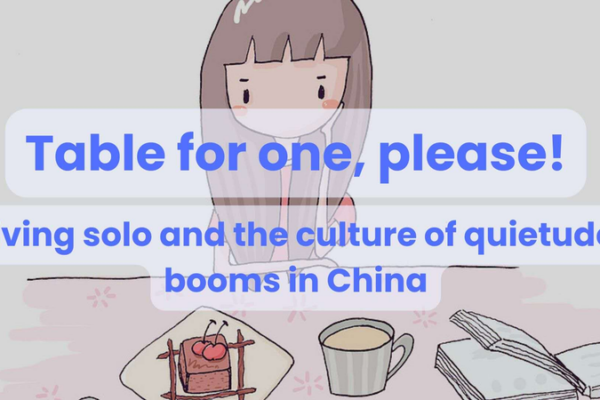
Solo Living Boom Reshapes China’s Social and Economic Landscape in 2026
China’s 2026 solo living trend transforms social norms and spurs economic innovation, from micro-apartments to single-serving markets.
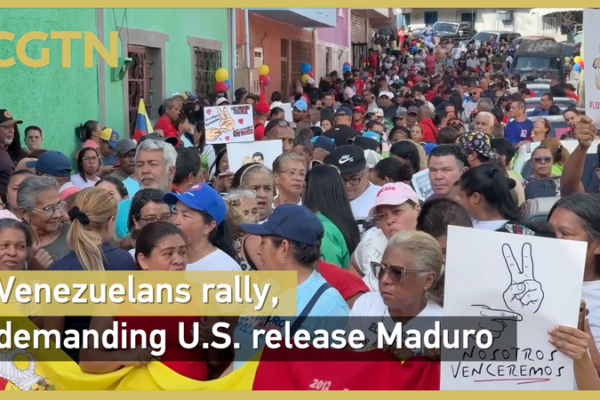
Venezuelans Rally in Caracas, Demand U.S. Release Maduro
Protests in Caracas escalate as Venezuelans demand U.S. release President Maduro amid sanctions. Latest updates on the diplomatic standoff.
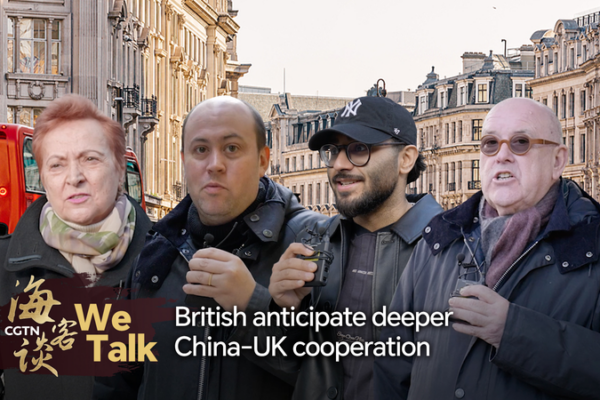
UK Eyes Expanded Collaboration with China as Starmer Visits Beijing
UK Prime Minister Keir Starmer’s inaugural China visit sparks optimism for expanded bilateral cooperation in trade, tech, and climate initiatives, backed by strong public support.
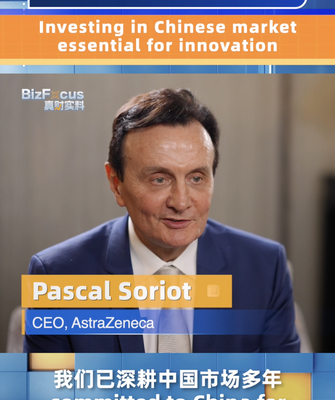
AstraZeneca Pledges $14.2B in China to Boost Innovation Ecosystem
AstraZeneca CEO announces $14.2B investment in China, highlighting the country’s critical role in global pharmaceutical innovation and production.

Minneapolis Immigration Crackdown Sparks Nationwide Outcry in 2026
The fatal shooting of a protester during a Minneapolis immigration operation sparks nationwide debate over border policies and social tensions in 2026.
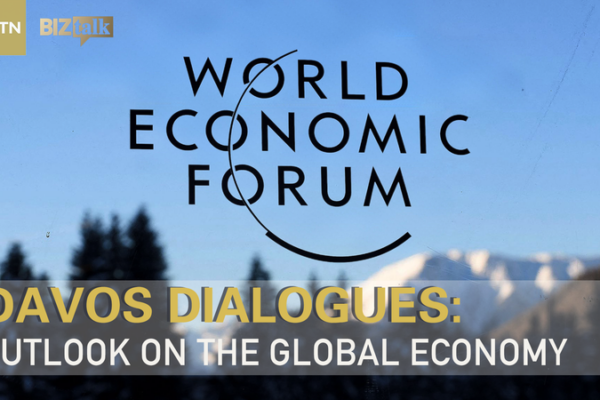
Davos 2026: Global Leaders Chart Path for Economy Amid AI & Green Shifts
Key insights from Davos 2026 reveal how AI, green energy, and monetary strategies are reshaping global economic priorities amid evolving challenges.
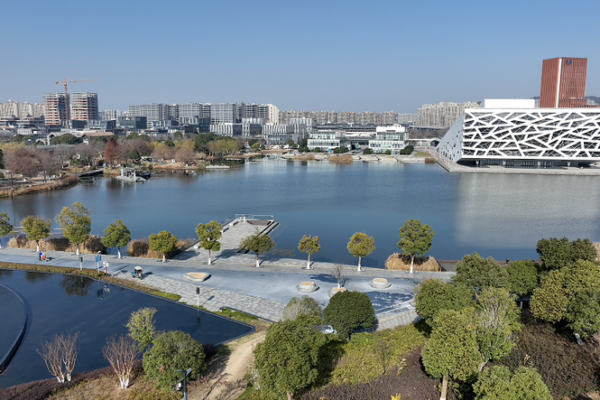
Hangzhou’s E-Fashion Town: Where AI Weaves the Future of Apparel
Hangzhou’s E-Fashion Town revolutionizes apparel production through AI and IoT, transforming 10-year-old farmland into Asia’s smart textile hub with 5,800 tech-driven enterprises.

AI Revolutionizes Fashion: From Sketch to Runway in 30 Seconds
AI transforms fashion design with 30-second digital creation cycles, from concept to virtual runway shows, reshaping Asia’s apparel industry in 2026.

AI Revolutionizes China’s Garment Industry with Agile Manufacturing
China’s garment factories leverage AI for rapid small-batch production, reshaping global fast fashion supply chains through tech-driven manufacturing solutions.
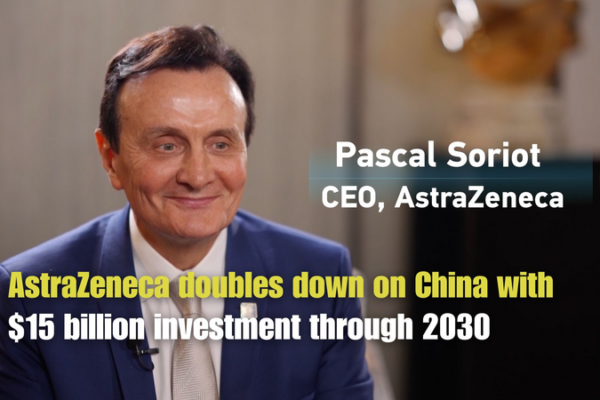
AstraZeneca Commits $15B to China Amid Healthcare Expansion
AstraZeneca announces $15B China investment during UK PM Starmer’s visit, signaling confidence in the country’s healthcare reforms and innovation ecosystem.
China-UK Dialogue Paves Way for Academic Collaboration Breakthroughs
China and the UK strengthen academic ties through high-level dialogue, fostering research collaboration and innovation in 2026.
